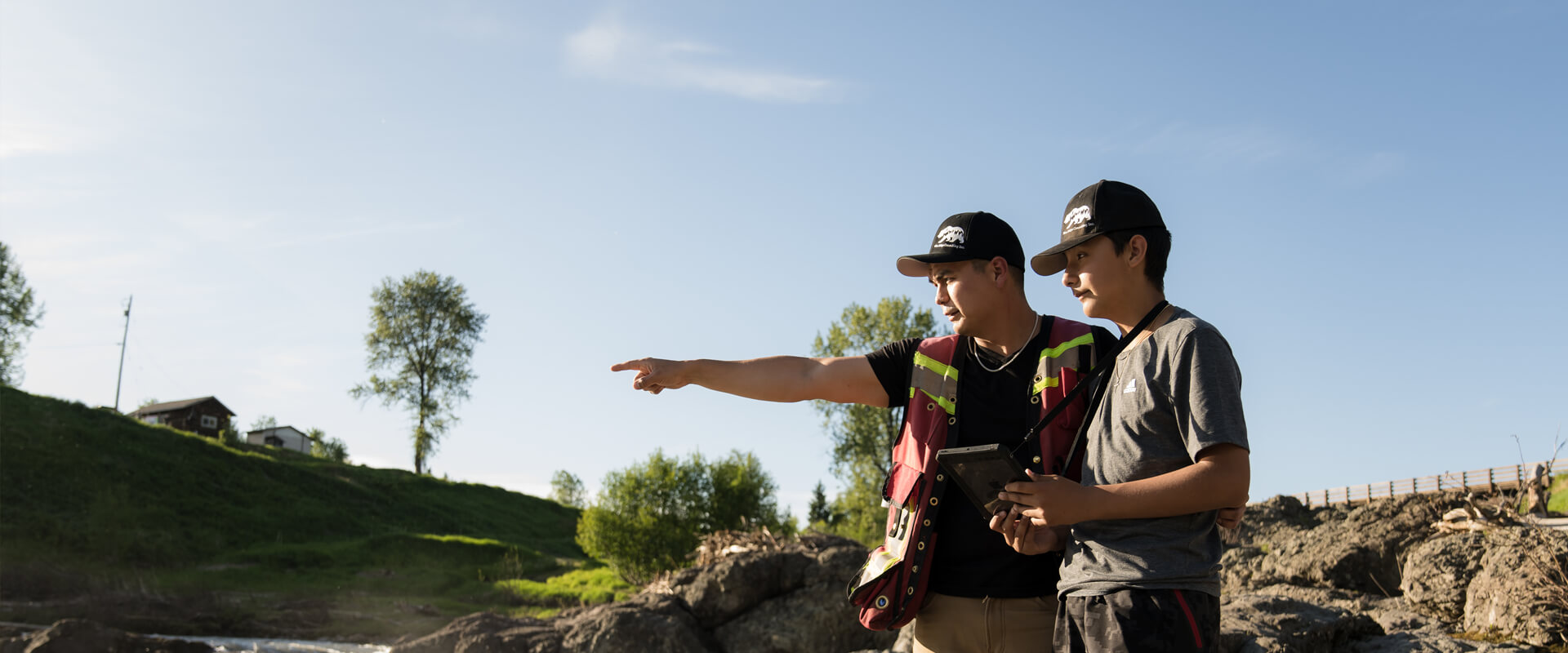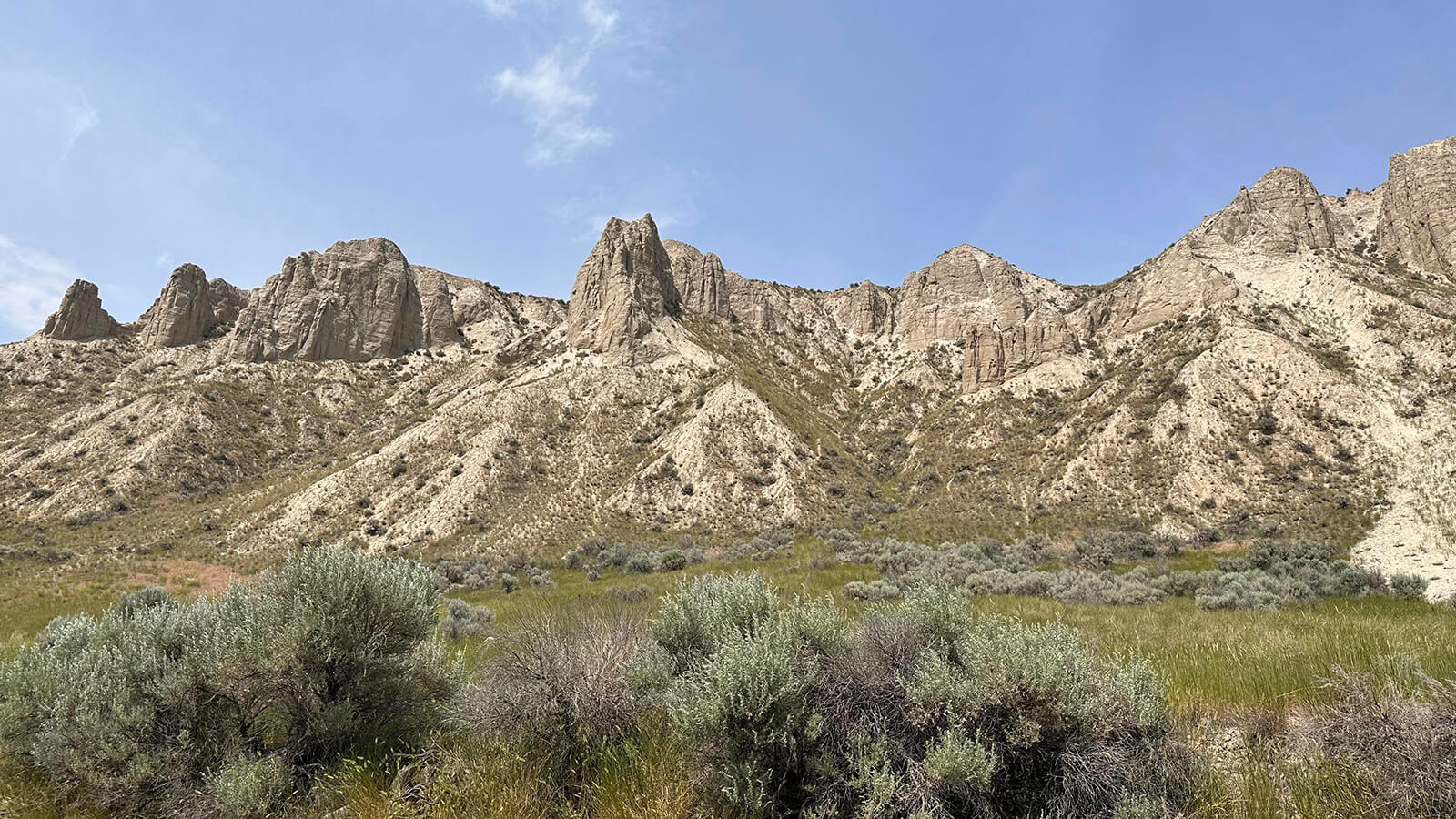
Declaration Act Action Plan
The Declaration Act Action Plan, released in March 2022, is the first of its kind. Built in consultation and co-operation with Indigenous Peoples, the plan articulates the specific actions every ministry in government will take over five years to create a better B.C. for everyone.
Action Plan (Section 4)
Section 4 of the Declaration on the Rights of Indigenous Peoples Act (Declaration Act) requires the Province to develop and implement an action plan to meet the objectives of the United Nations Declaration on the Rights of Indigenous Peoples [151KB PDF] (UN Declaration), and to do so in consultation and co-operation with Indigenous Peoples.
The Declaration Act Action Plan includes 89 tangible, achievable cross-government actions in the areas of self-determination and self-government, rights and title, ending anti-Indigenous racism, and enhancing social, cultural and economic well-being.

Every ministry in government is working in consultation and co-operation with Indigenous Peoples to deliver on their specific actions in tangible and measurable ways. A phased approach is being taken to implement and report on the Declaration Act Action Plan, as not all actions can or should be implemented at the same time. All 89 actions will be initiated within the five-year timeframe.
The Action Plan was developed through two years of intensive engagement, helping to ensure it reflects the priorities of Indigenous Peoples in B.C. It includes goals, outcomes, and tangible actions needed for meaningful progress in reconciliation.
By working together, the Province is building strong partnerships with Indigenous Peoples, and creating a stronger, more sustainable, and brighter future for everyone.
